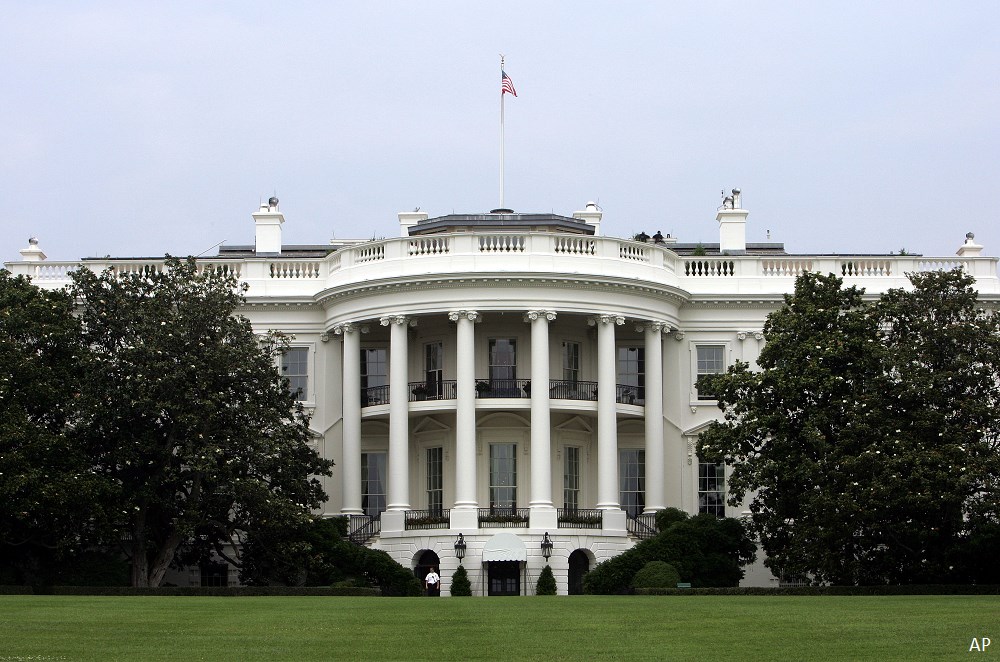
The beginning of any investment journey can be the most discouraging. I remember the first payslip I got that included a pension contribution. I felt very proud at the time for deciding to opt-in to the scheme (this was pre-auto-enrolment); I was sacrificing 3% of my current pay packet to save towards my future – how incredibly mature.
How incredibly disappointing. The measly amount actually going into the pension turned out to be less than impressive, and I couldn’t fathom how it would ever add up to a retirement fund. That feeling was compounded when I got my first annual statement which said: "CONGRATULATIONS, if you keep saving at this rate, you can expect to retire in 45 years on an enviable income of £3,000 a year." WHAT?! 45 years of sacrifice for a measly £3,000? It hardly felt worth it.
And had I not been a budding financial journalist keen to impress her editor I can almost guarantee I would have dropped out, discouraged and likely to put that 3% of my salary to "better" use down the pub or in Topshop.
I doubt I’m alone. When someone tells you that small savings are all you need to build a mega savings pot, it’s hard to visualise. Don’t splurge on that delicious daily coffee, give up the gym membership you rarely use, cut the subscription for the magazine you never read. Why should you sacrifice what makes you happy today for some far-off future you?
Well we did the maths this week and came up with the answer. It’s pretty staggering to see what £3 a day (or even less) can add up to when you put it into the stock market rather than give it to the local barista.
But evolution, and the limits of the human brain, mean it’s much more appealing to get instant gratification today rather than make a sacrifice for some far-off-future self. Savings and pensions companies need to come up with a way to change that. Discouraging forecasts only put off young savers who can’t see how they’re ever going to benefit. But if firms could find a way to make saving sexier maybe we’d all consider cutting back on the caffeine.
From Hero to Zero
There are some business models that seem unshakeable. I would often think this about my train operator as I squeezed myself on to a packed tin can at commuter o’clock. This company was taking thousands of pounds every year from thousands of people who have no other way to get to work. And the cherry on the cake is that the business gets the money up front as people buy their season tickets. If that train company was listed on the stock market I would definitely have invested – surely nothing could knock it off track.
Enter Covid-19.
Over the past few months we have seen scores of businesses that had seemed all-but-indestructible find themselves entirely knocked off course by this global pandemic. Stocks that had soared for years, that seemed a safe bet for any investor, have plunged.
Many of these companies are related to travel in some way, as we found when we looked at these former stock market darlings that have fallen from grace. Whether its WH Smith’s omnipresence in airports and train stations across the country, the budget airlines whose brought cheap travel to the masses, or Hotel Chocolat, which had found itself pride of place among discerning chocolate-lovers.
What does this tell us? That complacency and investing are never good companions; that we should never assume a good run will keep going; and that the adage is true: past performance does not guarantee future returns.
It’s something worth bearing in mind when we think about the wave of stocks that have surged this year as our working and social patterns have shifted, and the online world has become even more important to our daily lives. Because no business is indestructible.
Watch the Drama Unfold
The US elections are rolling around quickly and with so much drama surrounding the vote it’s easy to get sucked into thinking: I should be doing something.
For investors, this really isn’t true. Time and again we see how impossible it is predict what the stock market is going to do next. As Andrew Willis points out in this article, the market is more likely to bottom out before any major event as investor anxiety increases, rather than react after the event.
Every manager we spoke to about the forthcoming election told us the same thing: we're not doing anything to our portfolio, let's wait and see.
Good advice, I think.

























